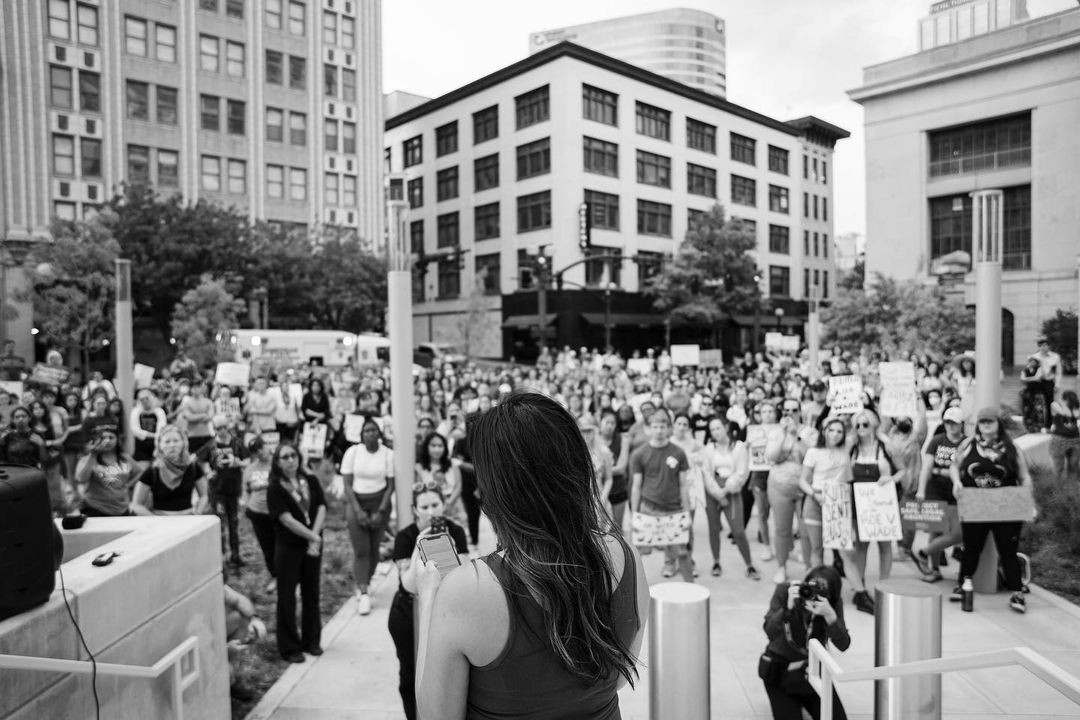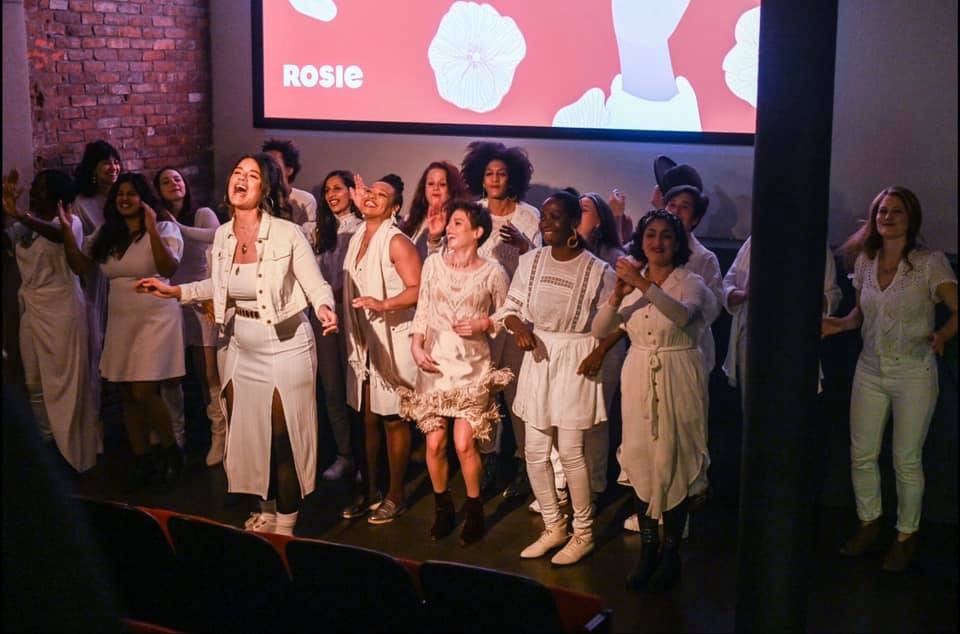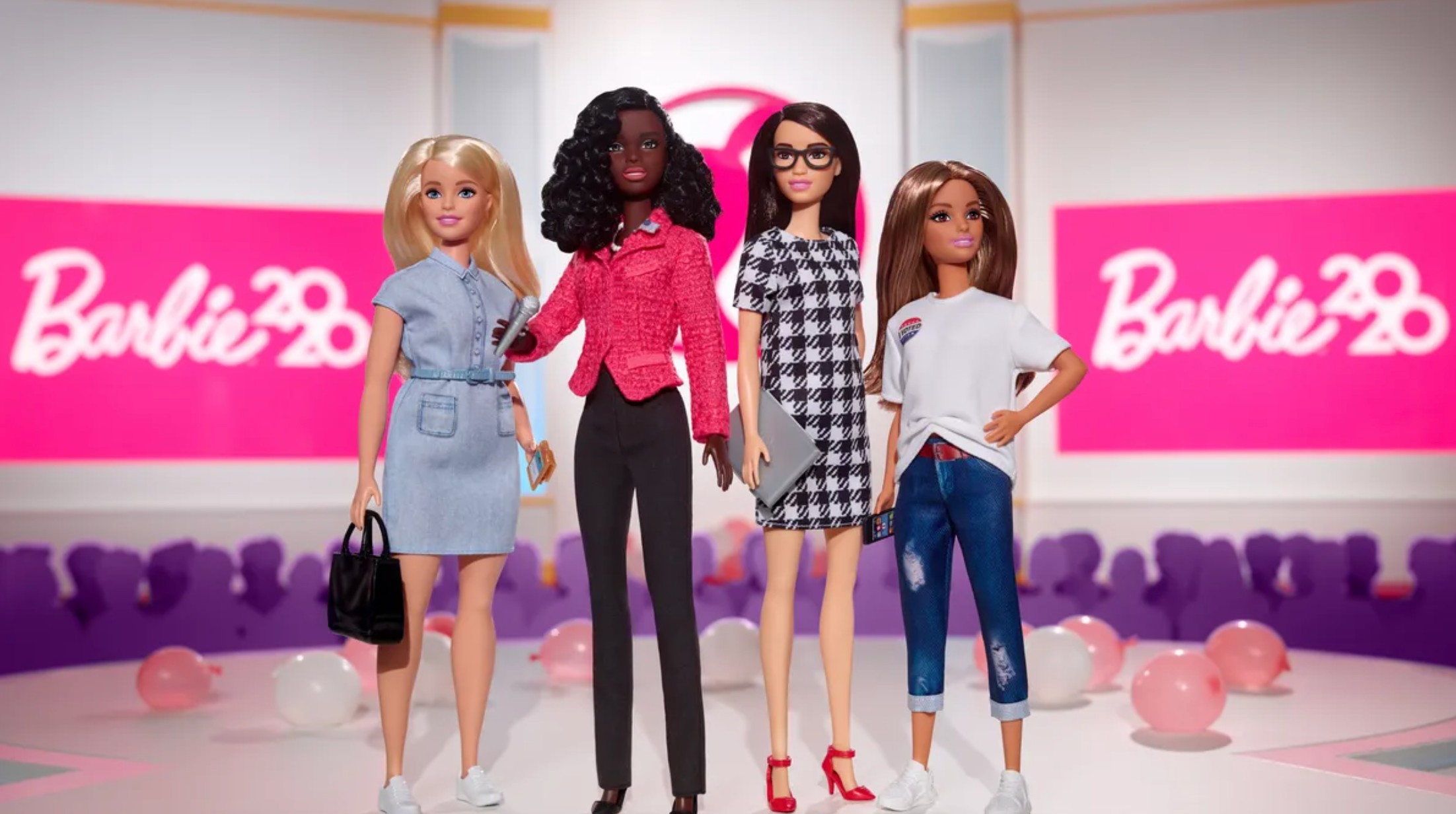 Today we’d like to introduce you to Adrianne Wright.
Today we’d like to introduce you to Adrianne Wright.
Hi Adrianne, so excited to have you on the platform. So before we get into questions about your work-life, maybe you can bring our readers up to speed on your story and how you got to where you are today?
One of my earliest childhood memories is my father telling me stories of his life in the Philippines.
He was the leader of a student revolt that had been largely involved in the Battle of Mendiola, the culmination of a period of unrest in the Philippines in which thousands of students protested against the massive poverty and inequality caused by an unjust government.
He would often show me the gunshot wound and scars from where he was stabbed at a protest when he was 17 years old.
I learned about my father’s friends who were seriously injured, too, that day. I learned that his life was in danger, and so his uncle, who was the Speaker of the House, advised him to leave the country. My father gathered a few belongings, said goodbye to his family, and got on a plane to New York.
My father landed in NYC with next to nothing in the middle of winter. But through his own optimism and thanks to the kindness of the people he met along the way, he not only got a jacket, but he received an advanced degree and lived a successful life in the City of Dreams.
Soon after, my father met my mother – a beautiful nurse who had herself just moved to the States from the Philippines – and they decided to settle in Texas where they would raise a family and realize the American Dream. My two sisters and I were kept on a tight rein and imbued with the typical immigrant values and expectations. Work hard. Reach High.
As I grew up, I always struggled to reconcile the sacrifices my father had made for a better life in his country, and the painstaking work he and my mother had carried out to make a good life for their three children here.
His stories had instilled in me a sense of empathy and helped me begin to understand the powerful importance of reaching out to lend a hand to someone in need. So I began to envision a plan. A plan in which I could fight the good fight just like he did and realize the Dream all at once. A plan in which I could change the world from a corner office.
The thing is, as I rose up through the corporate ranks, gaining experience and status, no matter how hard I tried to find opportunities with mission-driven companies, I began to feel that the closer I got to the comfort of the executive office, the more uncomfortable I was.
Yes, I had the American Dream drummed into me as a child, but I also had an activist’s blood coursing through my body. And when I looked around at what was happening around me, I could feel it in every inch of my being.
Inside the four walls of my workspace, I found it impossible to stay quiet if I noticed a wage disparity or lack of equal representation. I couldn’t fight for the integrity of the company mission and for the sake of all those who believed in it.
And these feelings were only amplified by what was happening outside those four walls. I saw hate and ignorance take center stage. I saw old friends and acquaintances writing horrific things about immigrants on Facebook. I saw brutality and injustice.
But I also saw truth, bravery, and resolution.
I saw the grit and determination of people who had always been out there, actually carrying out the mission-driven work that fuels real change. People, non-profits, and brands raising their voices and breaking through the noise and distraction no matter how loud it might be.
Where my voice and my values had always seemed to clash with corporate policy and every institutional ‘ism’ you can think of, in this world, where my voice was loud and free, that’s where I found my power. I co-founded a women’s activism group called I Will Not Be Quiet. I protested I marched, I rallied. I allied myself with non-profits. I supported advocates and I spoke at conferences.
And after a few years, I realized there was one thing left to do. I finally stepped off the track to the corner office altogether and channeled everything I had into this work.
This brings me to the launch of Rosie. Rosie is a storytelling agency for non-profit organizations, people, and brands who are doing good in the world. The constant drumbeat of horrors we hear about every day makes it easy for us to give in to despair or numb ourselves.
But Rosie has been my small way of fighting back against this. I created this company to help other people believe they can be the change they want to see in the world. To amplify the good that people are doing by shining light on their work, which often happens behind the scenes. There are many unsung heroes all around us.
There is so much beauty and courage and promise when we shift our lens to see the positive impact of our work.
If we can all think Rosie, anything is possible.
I’m sure you wouldn’t say it’s been obstacle-free, but so far would you say the journey has been a fairly smooth road?
Rosie launched just six months before the pandemic, and the timing of the pandemic only improved how important it was for us to exist. Still, I never could have predicted the seismic changes and shifts the pandemic would bring.
COVID hit a little more than two years ago, exposing every social, political, and racial fault line that threatened the livelihood of millions of Americans. Our vulnerabilities were exposed on every front, unveiling our innate human needs, but also dividing us and creating belief-based rifts.
The changing world has come with immense turmoil and pain. We all experienced loss of some sort, revealing how desperately we need each other. We are deeply exhausted. The daily flood of bad news we absorb creates feelings of despair and numbness. Our collective grief has blocked our sense of hope and stopped us from dreaming.
So at Rosie, we ask ourselves every day, how do we return to a place that empowers us all to dream? How can communications be the driving force that instills hope in the hopeless? At Rosie, we’ve helped countless nonprofits rise to answer these very questions.
These organizations are the silver lining at this moment. They’ve recognized that now is a moment when people are finally paying attention to issues that have been problems in this country for generations. Issues that people have spent years fighting for, like paid leave, childcare, and healthcare.
- Paid leave
- Childcare
- Healthcare
Meanwhile, the media landscape was focused on the daily risk essential workers took by showing up to work, highlighting PPE issues and a lack of childcare. A dark cloud loomed over the world, exposing the shortcomings of safety nets we took for granted before the pandemic.
Some organizations struggled to break through the collective cloud of grief and trauma.
Many nonprofits tread water, struggling to keep their messaging succinct and clear. At a time when unearthing and illuminating human stories were more important than ever, sharing a message of hope felt impossible for many organizations.
Meanwhile, uneasy voters were eager to learn, get involved, and dive into making a difference in a climate that felt unmanageably difficult.
Where there was so much uncertainty, other nonprofits were able to zone in on this opportunity, sending fundraising emails that filled the inboxes of donors who were staying at home, filled with uncertainty and fear.
We’ve been impressed with Rosie, but for folks who might not be as familiar, what can you share with them about what you do and what sets you apart from others?
I’m the founder and CEO of Rosie, a communications agency that helps tell the stories of nonprofits, people, and brands that are making the world better.
By focusing on the solutions—and not just the problem—we amplify the people who are advocating for a more just world.
Do you have any advice for those looking to network or find a mentor?
I haven’t had a mentor, but I have had an informal board of advisors—peers, mentors, and people I admire who I can call on when I’m facing a new challenge or problem and need some guidance. These people are there for me, whether it’s a quick introduction or hashing out a problem over drinks.
Tiffany Dufu’s Drop The Ball is a great book for anyone who is starting out and needs to develop their network. It’s so helpful for questions you may have on work-life balance, developing mentor relationships, and your network.
Contact Info:
- Website: www.think-rosie.com
- Instagram: @think_rosie and @adrianne_wright



 Image Credits
Image Credits
Keturah Rae Bishop












